Human is born to be happy? Any objections? No? But what is Happy?
Let us try to explain with some examples. Patient, lady of 89 y.o. Once per week the relatives have fixed coordination disturbances with drop attacks. From the other side, patient aggressively does not want to attend the doctor. Several times her daughter has asked me for visit and several times has canceled it. At last, I have visited the patient, but she has been very angry. Why? Dizziness appeared to be extremely pleasant! Exactly she described the attack as giddiness or pseudovertigo – she has spoken about the brain slowly turning inside the head.

What is to be done?
Now we come to the problem, what do we know about happy ? In the history of my country there has been one person, whose nickname being “the happy man” (Mykolaj Potocky). From Wikipedia: Count Stanisław Szczęsny Feliks Potocki 1751–1805), of the Piława coat of arms, known as Szczęsny Potocki was a member of the nobility and a military commander of the forces of the Polish–Lithuanian Commonwealth. He was named Great Chorąży (Magister) of the Polish Crown in 1774–1780, voivode (Komander) of Ruthenian Voivodeship in 1782–1791, Great Lieutenant General of the Crown since 1784, General of Artillery of the Crown in 1789–1792. He plotted with others against the Polish state, and has successfully intrigued with Russian Queen Katherine II. He has been fond of money, glory and lovers.

This is the place where has sometimes lived Mykolaj Potocky and where some members of his family are buried.

So, we have come to the different understanding of happy. The old lady being happy of her sensation of giddiness and Mr. Count has the necessity of money, glory and ladies.
Hedonism
as a science about satisfaction has appeared at the eve of the human civilization. According to Wikipedia: Hedonism is a school of thought that argues pleasure and suffering are the only components of well-being.
Ethical hedonism is the view that combines hedonism with welfarist ethics, which claim that what we should do depends exclusively on what affects the well-being individuals have.
The name derives from the Greek word for “delight” (ἡδονισμός hēdonismos from ἡδονή hēdonē “pleasure”, cognate via Proto-Indo-European swéh₂dus through Ancient Greek ἡδύς with English sweet + suffix -ισμός -ismos “ism”).
The condition of being unable to experience pleasure is anhedonia.
In the original Old Babylonian version of the Epic of Gilgamesh, which was written soon after the invention of writing, Siduri gave the following advice: “Fill your belly. Day and night make merry. Let days be full of joy. Dance and make music day and night… These things alone are the concern of men.” This may represent the first recorded advocacy of a hedonistic philosophy.
Happy human has specific appearance

Roots of hedonism are in far past
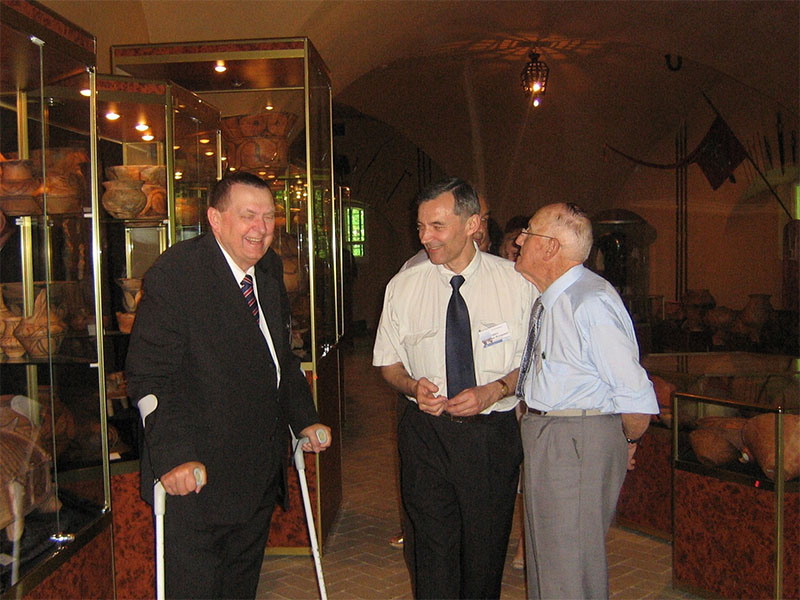
Hedonism is the philosophy that pleasure is the most important pursuit of mankind, and the only thing that is good for an individual. Hedonists, therefore, strive to maximize their total pleasure (the net of any pleasure less any pain or suffering). They believe that pleasure is the only good in life, and pain is the only evil, and our life’s goal should be to maximize pleasure and minimize pain.
Today there are multiple views on what hedonism is. This is largely due to some highly nuanced philosophical arguments about how we should conceptualise pleasure. In broad terms, a hedonist is someone who tries to maximise pleasure and minimise pain. Jordan Belfort (played by Leonardo DiCaprio) in The Wolf of Wall Street is probably the popular idea of the quintessential hedonist, where his extreme wealth allows him to indulge his insatiable hunger for all things pleasurable. We find these characters so compelling because they seem to reject the sensible, responsible way to live.
They indulge their carnal appetites in ways we daren’t, with scant regard for consequences. We wait for their liver to rebel or their life to come crashing down around them, as of course it must.
But this kind of behaviour is better termed debauchery – extreme indulgence in bodily pleasures and especially sexual pleasures – rather than hedonism.
Hedonism has its philosophical roots as far back as Plato and Socrates, but ancient Greek philosopher Epicurus is often credited with articulating an early brand of hedonism based not on a life of untamed appetites, but on moderate pleasures and respect for others.
Some identifications are important.
What is pleasure?
It might help to think of pleasure simply as a subjective state of enjoyment.
This is a broad perspective, but one easily applied to our everyday lives. So, a lover’s caress gives me pleasure, but so can a piece of music, laughing with friends, or simply sitting still in a comfy chair after a frantic day.
Just as different experiences can bring a similar shiver of pleasure, the same experience can conjure a range of responses – from extreme pleasure to definite displeasure – in different people.
There is no single stimulus that elicits exactly the same response in everyone all the time: pleasure is an interaction between the stimulus and the perceiver.
If you close your eyes and think about a time you experienced a tingle of pleasure, chances are you’re remembering a sexual experience, or something delicious you’ve eaten. Perhaps the memory is of a very good glass of wine, or those last 50 metres of a long, satisfying run.
And these are good things, right? Sexual pleasure is linked with health and well-being. For example, women who say they are satisfied with their sex life score higher on measures of psychological well-being and vitality. A regular glass of wine is said to have a protective effect against dementia and heart disease, perhaps due to its antioxidant flavonoids. And everyone knows the advantages of physical fitness.
Well, these activities are good … until they’re not. Many of the things that commonly give us pleasure can also be used in risky or harmful ways.
We have decided to analyze hedonism by its components.
Components of satisfaction are:
- A. Factors evoking satisfaction,
- B. Process of satisfaction,
- C. Intensity,
- D. Consequences of satisfaction.
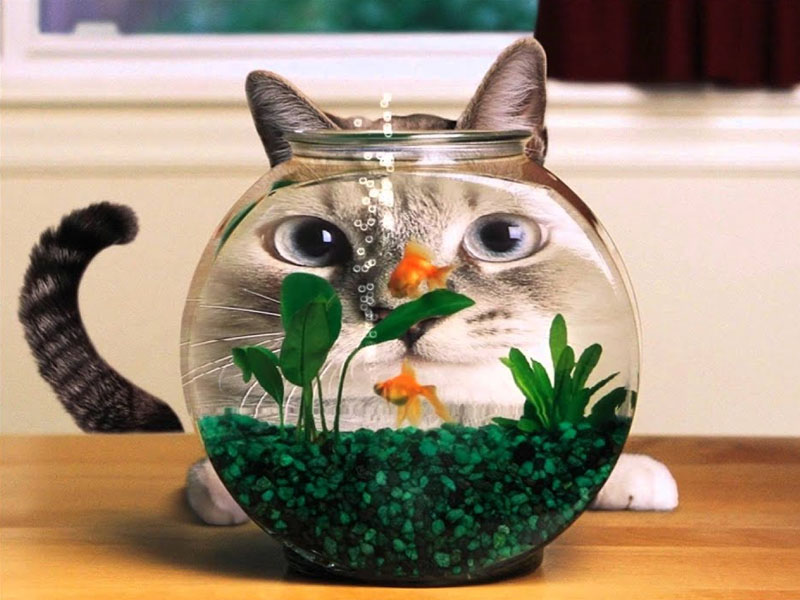
A. Factors evoking satisfaction might be classified according to sensory modalities:
- somatosensory: warm, cold, tender,
- visual: natural, artificial,
- acustic: natural, artificial,
- smells,
- tasts,
- vestibular: movement, gravitation, vibration, sounds, magnetic fields, alimentary products, beverages,
- combinations of stimuli.
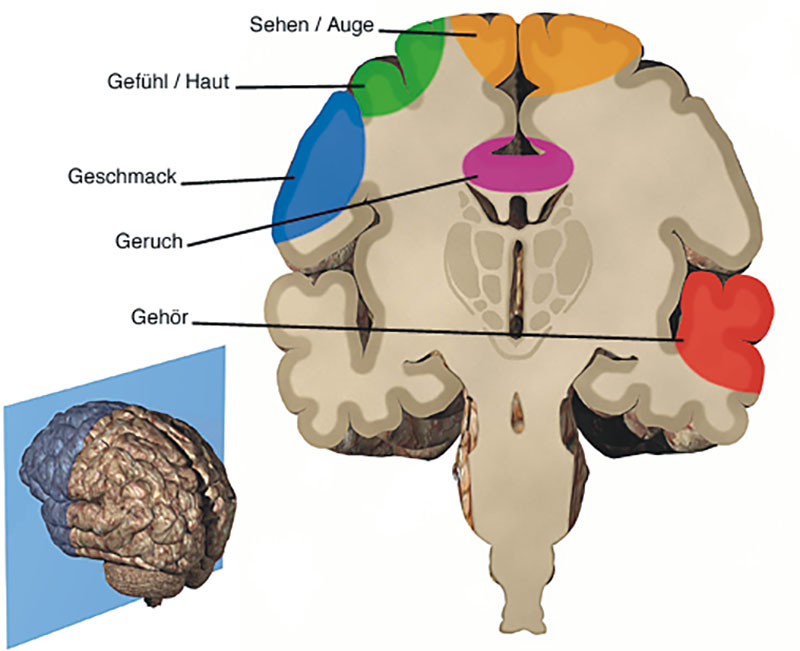
We have studied the vestibular input into pleasure sensation. For this purpose we have used standard stimulation of vestibular receptors with warm (44oC) and cold (30oC) water. We have carefully recorded the reports of the patients. Calorization caused pleasant-unpleasant sensations. After the procedure one lady being disoriented, have stand up and told that she has never felt such a pleasant sensation, even better than orgasm!
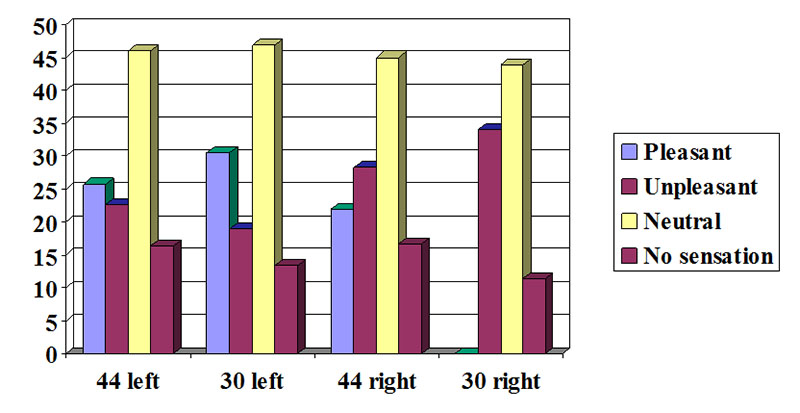
Human being have also second signal system, which is responsible for memory, analysis, emotions and intellect.
Therefore, we may consider “Expecting of happiness” while waiting some pleasant event.

Pleasure from communication

Highest happiness gives our professional activities

B. Process of satisfaction might be related to:
- activation,
- sedation,
- activation then sedation.
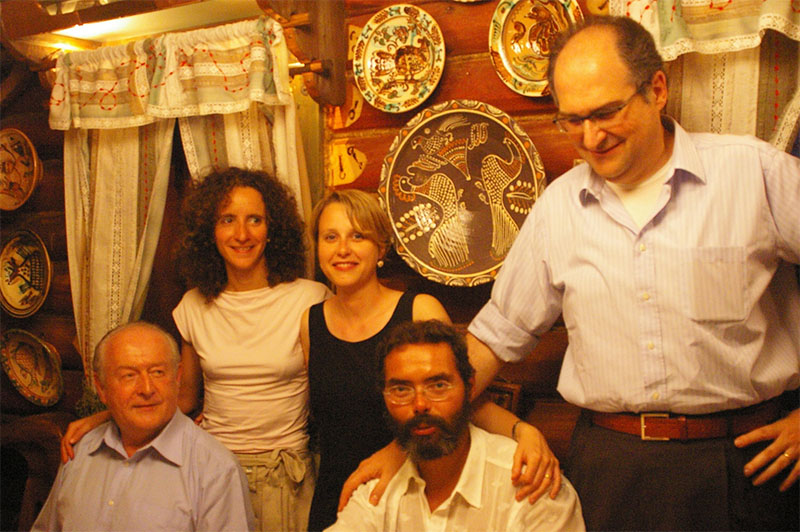
C. Intensity of satisfaction is important parameter
It might be:
- low – possibility of performance of everyday activities
- half low – performance of everyday activities is altered
- middle – performance of everyday activities is significantly altered
- intensive – person is drawn into satisfaction process
- very intensive – conscious problems
The very intensive satisfaction might happen during music, creativity, religious ecstasies or orgasm.

D. Consequences might be classified as:
- very positive – beneficiary for health,
- positive – emotional improvement without influence at health,
- neutral,
- negative – emotional or health alteration,
- very negative – destroy soul and socium.

Consequences
Dependence, addiction, bingeing and compulsive consumption can be thought of as risky or harmful uses of otherwise pleasurable experiences, like using alcohol and other drugs, doing exercise and having sex.
It can be difficult to pin down the point at which a previously pleasurable behaviour becomes problematic. But, somewhere between enjoying an occasional beer and needing a drink before getting out of bed each morning, we’ve passed the tipping point.
At this stage though, pleasure is no longer the motivation, nor the result, of the behaviour. The uncontrollable “hunger” has wiped the pleasure away and the best we can hope for is relief. Without pleasure, the behaviour is no longer a hedonic one.
The single-minded pursuit of one intense pleasure at the expense of other aspects of life that bring meaning and pleasure is also counterproductive to living a rich and enjoyable life. This puts it well outside Epicurus’ idea of moderate pleasures and self-control.
The main idea is not to make the patient healthy, but to create new entity – happy human – homo fortunatus
